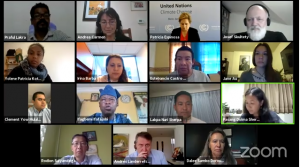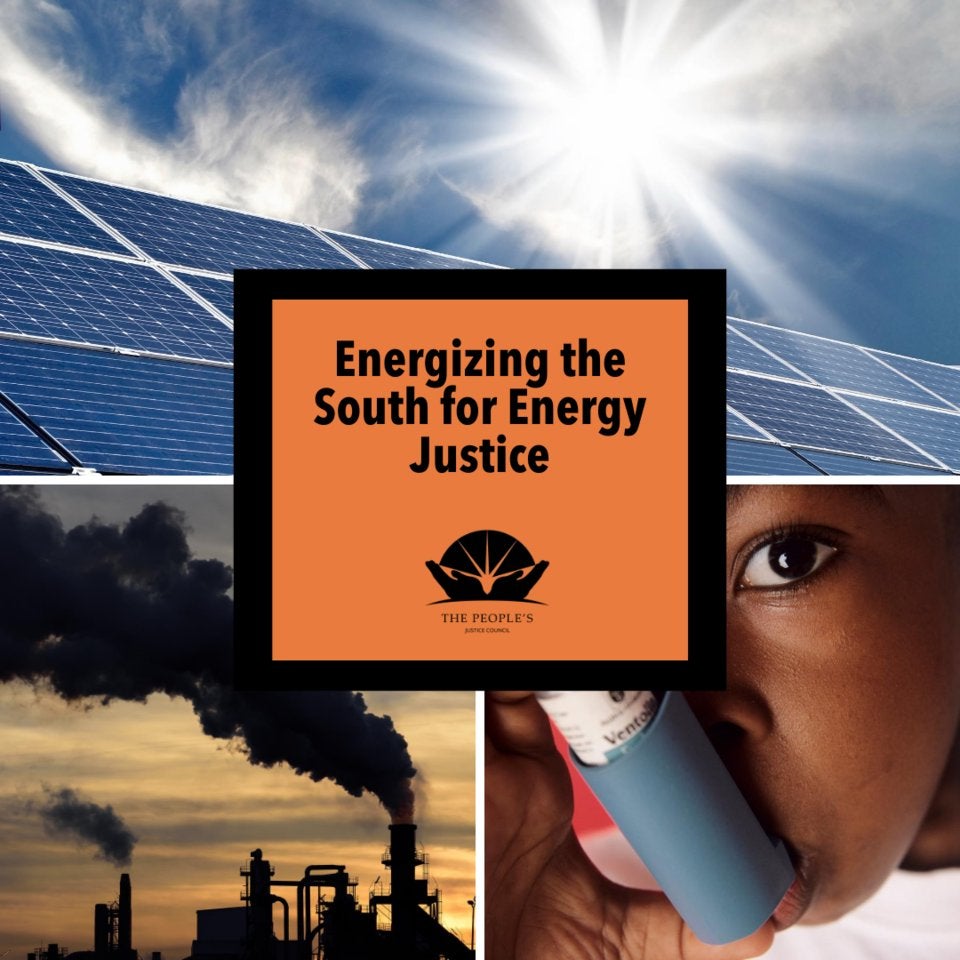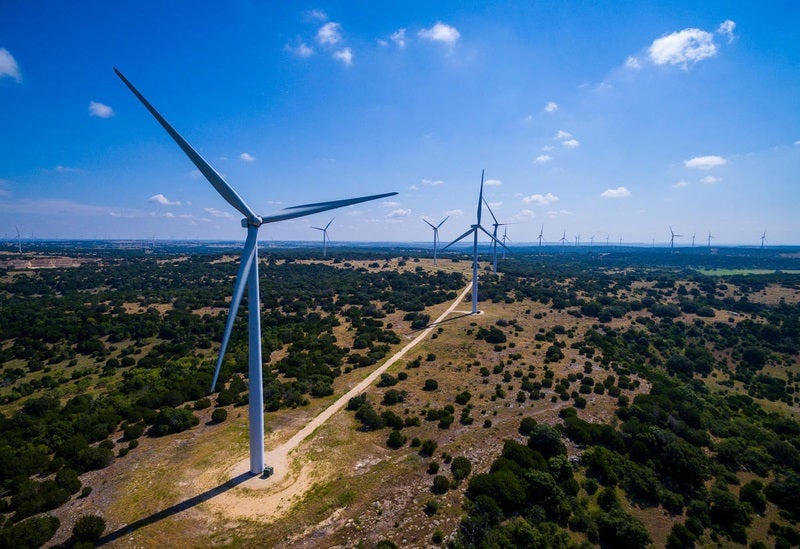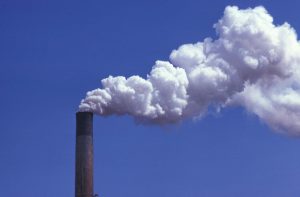Esta publicación fue corredactada por Bärbel Henneberger.
** Este es el segundo blog de nuestra serie que explora los desafíos para la participación efectiva de los Pueblos Indígenas en foros internacionales de política climática.
La tercera reunión del Grupo de Trabajo Facilitador (FWG-por sus siglas en inglés), que fue la primera reunión oficial en el año 2020 de la Plataforma de Comunidades Locales y Pueblos Indígenas (LCIPP) de la Convención Marco de las Naciones Unidas sobre el Cambio Climático, tuvo lugar virtualmente entre el 5 y el 8 de octubre.
En nuestro blog anterior, presentamos un resumen de las preocupaciones planteadas por Estebancio Castro, Representante para la Región Sociocultural Indígena de la ONU: Centro y Sudamérica y el Caribe, ante la CMNUCC LCIPP, sobre las reuniones virtuales y la participación efectiva de los Pueblos Indígenas. Sus preocupaciones eran muy válidas, ya que durante la reciente reunión del FWG, la participación de los Pueblos Indígenas, especialmente de las regiones con conexión a internet inestable, fue bastante difícil. En este blog, discutiremos estas barreras clave para la participación virtual, así como también cubriremos algunos de los avances que el FWG pudo hacer, los próximos pasos y las lecciones aprendidas.

Captura de pantalla de la reunión virtual de LCIPP de octubre, con la presencia de Patricia Espinosa, Secretaria Ejecutiva de la CMNUCC. Foto de Bärbel Henneberger.
Participación efectiva: virtual vs presencial
El poco tiempo para las presentaciones y los debates (4 días, 3 horas al día) dificultaba la participación en intercambios más profundos. Generalmente, algunos participantes tenían mala conectividad a internet que falló repetidamente durante la reunión. Otros participantes no pudieron participar en absoluto porque no tenían acceso a internet. Además, se necesita una conexión a internet estable para acceder a los materiales de la reunión antes del inicio de la reunión. A medida que el trabajo del FWG se vuelve más técnico, los participantes deben tener acceso a estos documentos y más tiempo para analizarlos. Debido en parte a estos problemas, el FWG acordó reprogramar las reuniones regionales de los poseedores de conocimientos indígenas hasta que COVID-19 esté bajo suficiente control para permitir las reuniones cara a cara, reconociendo que los protocolos indígenas, como las ceremonias de apertura y las bendiciones de los participantes mayores, necesitan ser respetados. Sin embargo, otras actividades continuarán virtualmente, incluso si esto significa que para algunos, la participación efectiva no está garantizada.
Está claro que, hasta ahora, la pandemia de COVID-19 ha hecho que sea muy difícil para el FWG completar las tareas definidas en el plan de trabajo de dos años de la LCIPP. Algunas actividades han tenido que posponerse hasta que las reuniones presenciales sean posibles de realizarse. Read More










 Guest blog by Reverend Michael Malcom
Guest blog by Reverend Michael Malcom 
 Today, the Trump administration finalized a rushed and inadequate review of our national particle pollution standard – otherwise known as PM 2.5, or soot. They ignored public input and the latest body of health science, and decided to
Today, the Trump administration finalized a rushed and inadequate review of our national particle pollution standard – otherwise known as PM 2.5, or soot. They ignored public input and the latest body of health science, and decided to